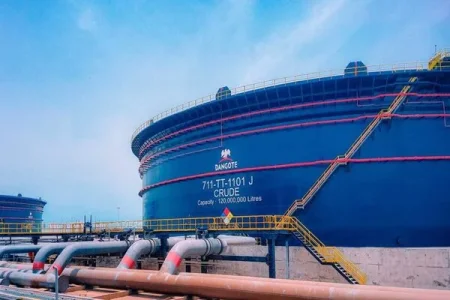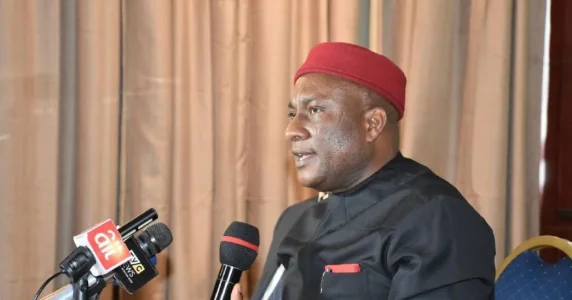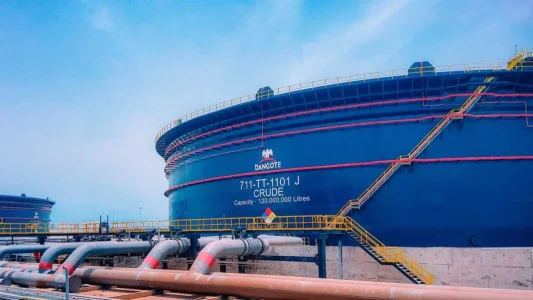
The Independent Petroleum Marketers Association of Nigeria (IPMAN) has criticized depot owners for stockpiling petrol following Dangote Refinery’s suspension of naira sales. Amid rising fuel prices, IPMAN warns marketers against panic buying, as talks between the Federal Government and Dangote to restore the naira-for-crude deal continue today.
The fuel market in Nigeria is facing renewed turmoil following the decision by Dangote Petroleum Refinery to halt the sale of petroleum products in naira. This move has triggered panic buying among filling station operators, with some stockpiling petrol in anticipation of a price hike.
Depot owners have reportedly increased the cost of loading Premium Motor Spirit (PMS), also known as petrol, with prices in Lagos climbing to about N900 per litre. This has sparked outrage from the Independent Petroleum Marketers Association of Nigeria (IPMAN), which accused depot operators of exploiting the uncertainty for profit.
IPMAN’s National Publicity Secretary, Chinedu Ukadike, criticized depot owners for taking advantage of the situation, warning that such practices could harm the economy. He also cautioned marketers against buying fuel in bulk, as Dangote may later reduce prices, leading to potential financial losses for those who hoarded supplies.
The crisis stems from a standoff between Dangote Refinery and the Federal Government over a naira-for-crude oil deal. The refinery, which has been selling fuel in naira, suspended sales after citing a mismatch between its revenues and crude purchase costs, which are denominated in U.S. dollars.
In response to the crisis, the government and Dangote Refinery have resumed discussions to resolve the issue, with hopes of restoring the naira-based transactions soon. Meanwhile, industry experts warn that the halt in naira sales could strain the foreign exchange market, forcing marketers to source dollars for fuel imports.
As negotiations continue, fuel importers are also stepping in, with multiple vessels carrying PMS expected to arrive at Nigerian ports to ease supply concerns. However, experts caution that unless a long-term agreement is reached, the country may continue to face volatility in fuel pricing and supply.




